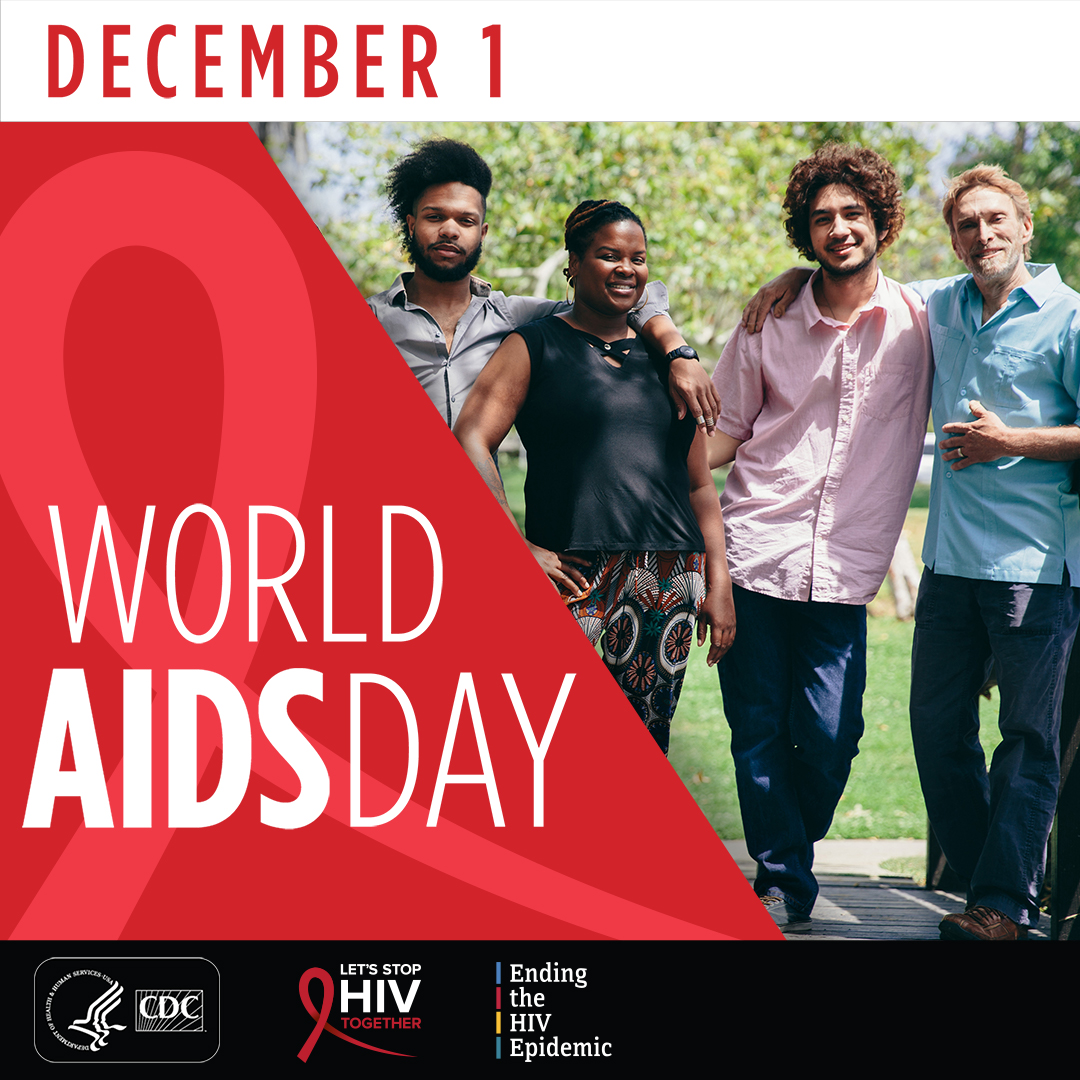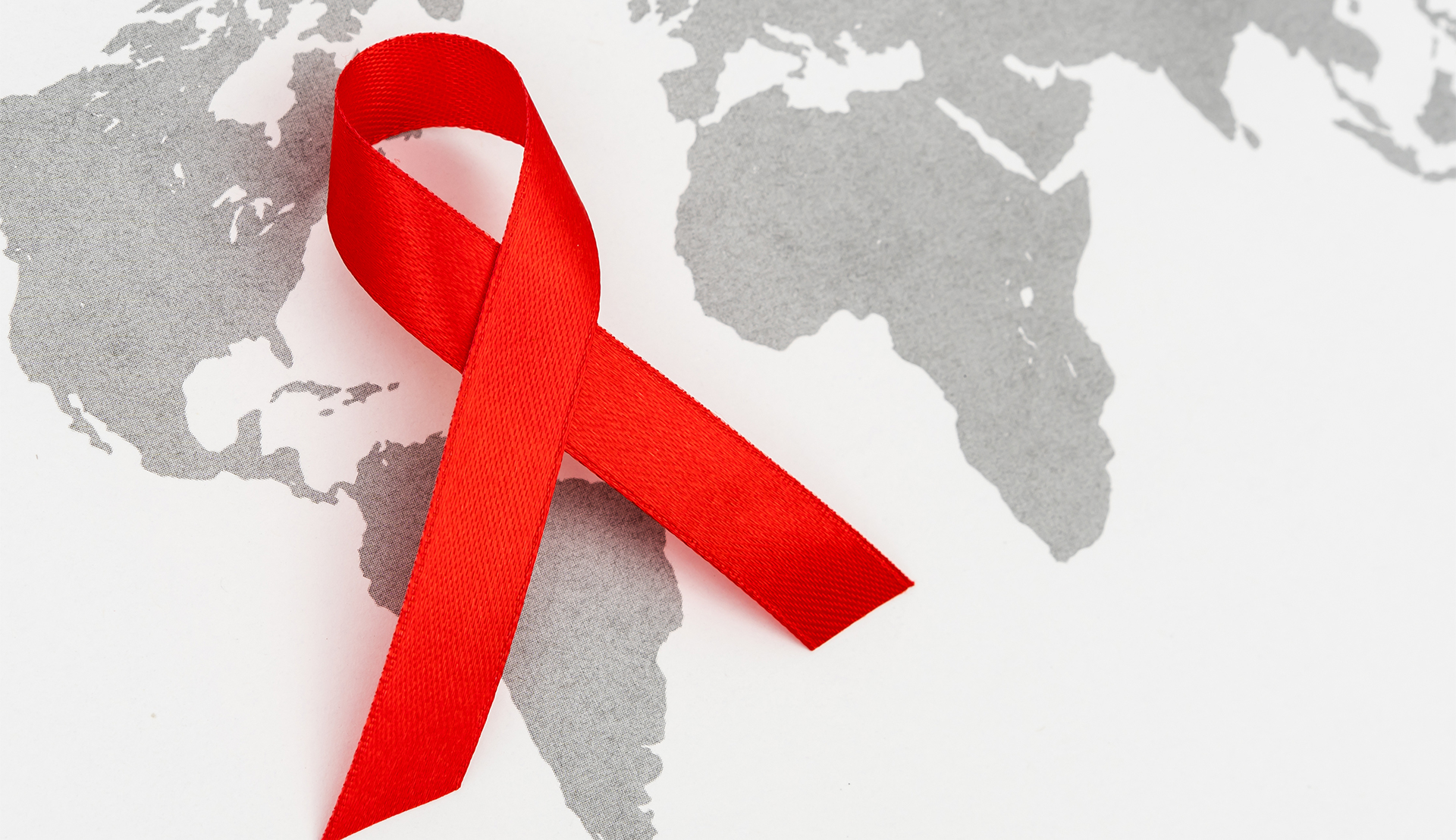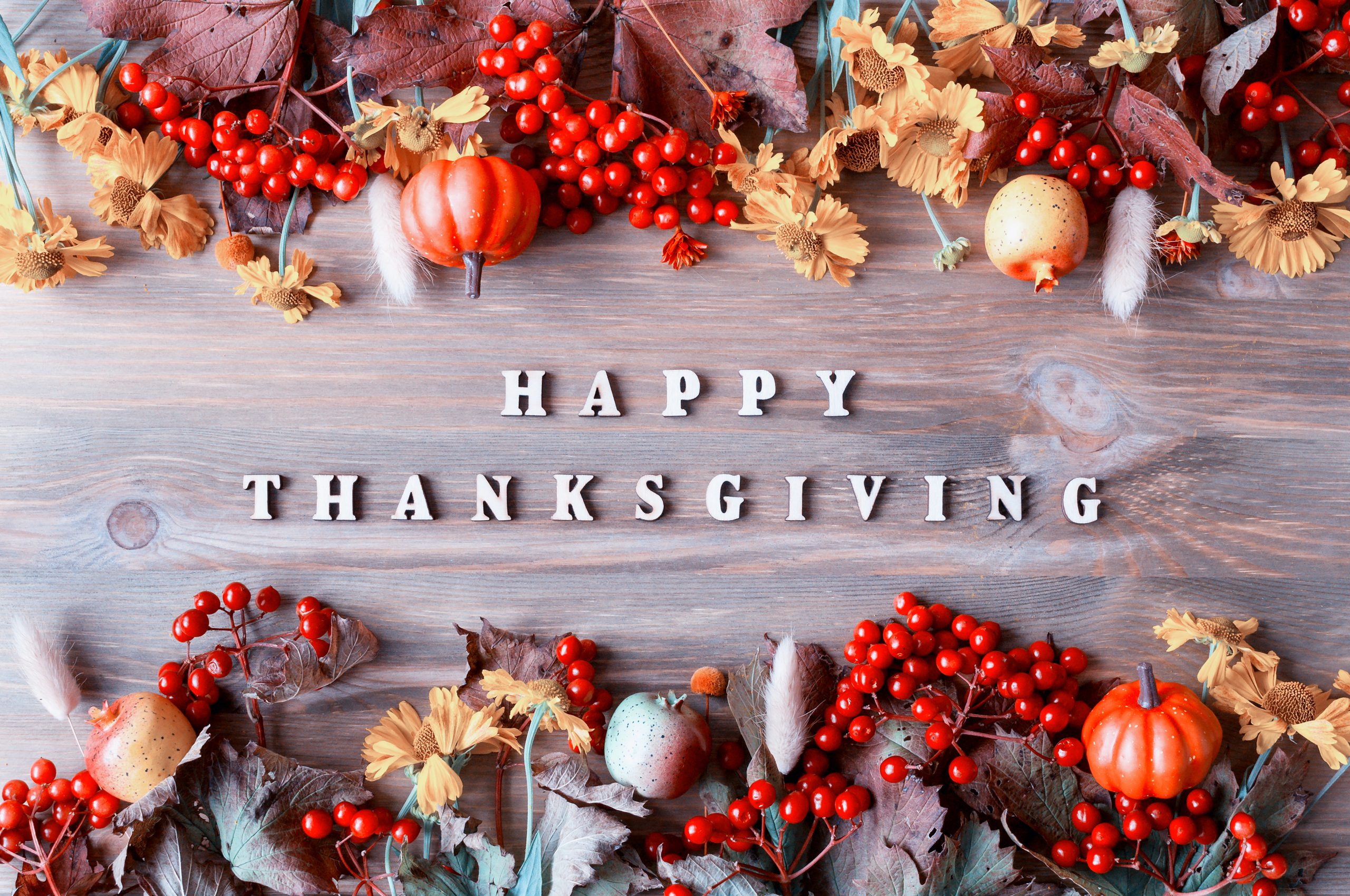The third Monday of January is Martin Luther King, Jr. Day, a federal holiday meant to be “a day on, not a day off,” and a call to service.
Dr. Martin Luther King, Jr. was born on January 15, 1929, as a son of a pastor. The men of his family had a long history of religious service, which influenced Dr. King’s educational goals. He received his doctorate in 1953, and began servicing as a pastor himself, and committee member of the NAACP. He championed civil rights, leading nonviolent demonstrations, boycotts, and traveling all over the United States, speaking about the injustices experienced by persons of color and the economically disadvantaged. Dr. King is most known for his “I Have a Dream” speech, delivered to over 250,000 people in Washington, D.C. in 1963. He was awarded the Nobel Prize for peace in 1964 at age 35, making him the youngest person to do so at the time. He also spoke out about the Vietnam War, and racism and discrimination against African Americans. Dr. King was assassinated in Memphis on April 4, 1968, where he planned to lead a protest in support of garbage workers that had gone on strike.
Former president Ronald Reagan signed a bill in 1983 after consistent requests from The King Center, making Dr. Martin Luther King, Jr. Day a federal holiday, however, all states had not adopted the day of celebration as an official holiday until 2000. Former senators John Lewis and Harris Wooford co-authored legislation to create MLK Day of Service, which was approved in 1994.
As the country continues to struggle with racial inequality, discrimination, gender and sexual orientation bias, immigration issues, and other human rights concerns, many activists and volunteers are still fighting and carrying on the legacy of Dr. King. Here are ways you can engage for MLK Day of Service:
- Read up on how to be a social justice advocate
- Learn more about the history of the day, view webinars, and find out how to volunteer through Americorps MLK Day page https://americorps.gov/newsroom/events/mlk-day
- Participate in the NOVA Serves Virtually: 2021 MLK Day of Service, to include a shoe donation, care card writing, virtual 5K and more! Register here https://docs.google.com/forms/d/e/1FAIpQLSeG6YlqeFAKjRzZpG2MWzipNMOVG-posL4uZVNCB2kQFc6owQ/viewform
Remember: “The ultimate measure of a man is not where he in moments of comfort and convenience, but where he stands at times of challenge and controversy.”
—Martin Luther King, Jr.
Sources:



















